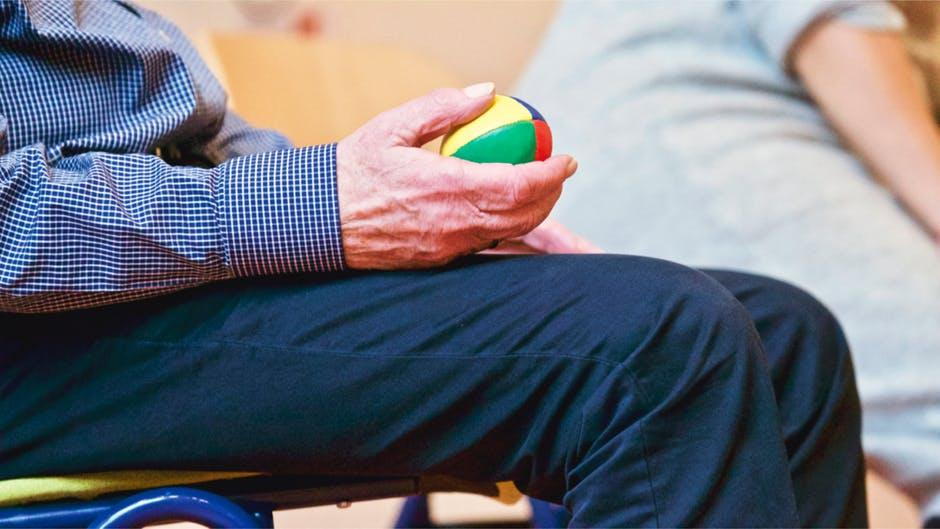
Mental health problems are prevalent in societies all around the world. They are the top cause of disability in established market economies. In America, one in four adults suffers from a diagnosable mental disorder every year.
Most of us want to pretend our mental health isn't causing us pain. But the truth is that an unhealthy mind leads to destructive behaviors and decreases our quality of life.
Mental health treatments are available to those who seek it. Psychotherapy is a form of therapy that seeks to improve a patient's thoughts, emotions, and actions. Psychotherapy sessions help a person lead a more fulfilling life.
How and does psychotherapy work? Let's explore.
What Is Psychotherapy?
Psychotherapy is done by a licensed and trained psychologist. A psychologist uses mental strategies to improve a person's physical and mental well-being. There are an estimated 106,500 licensed psychologists throughout America.
Psychotherapy is sometimes referred to as a "talking treatment." Instead of using drugs and medications, it relies on talking through mental health issues.
Psychotherapy involves one-on-one communication between the psychologist and the patient. It aims to help a person better understand their feelings and determine what's causing them unhappiness. Most therapy courses last one year, but it depends on how committed the patient is to change his or her life into a more positive one.
There are many different forms of psychotherapy that a psychologist may apply. Sessions may be private or in groups. Psychotherapy treats severe mental conditions, including depression, anxiety, addiction, and low self-esteem.
What Are the Different Types of Psychotherapy?
There are several forms of psychotherapy that a psychologist may administer to a patient. The therapies may be isolated or combined together to achieve the desired results.
Cognitive Behavioral Therapy
Cognitive-behavioral therapy identifies and changes self-destructive behaviors in a person. This includes thoughts and physical actions.
If all behaviors are learned throughout life, then a psychologist should be able to help a person un-learn the bad habits that cause harm. Cognitive-behavioral therapy can be applied to children or adults.
Cognitive-behavioral therapy treats patients dealing with anxiety, panic disorders, anger problems, and depression. It is used alongside other therapies and medications to treat bipolar disorder, eating disorders, ADHD, PTSD, phobias, and substance abuse.
Group Therapy
During group therapy, there are 6 to 12 patients and one psychologist. Each of the patients suffers from similar mental health conditions and can benefit from listening to others.
The point of group therapy is to encourage sharing and feedback. It can lower feelings of isolation many people with mental health conditions experience. Patients have the opportunity to bond, socialize, and form friendships with other group members.
While some patients may be intimidated at first, group therapy is empowering. It grows communication skills, lowers stress, teaches empathy, and helps a person develop a voice.
Family Therapy
Family therapy improves relationships and social patterns that occur within the family. Instead of focusing on the individual, the family unit is the patient.
Psychotherapy can identify family behaviors that lead to destructive habits and negative thoughts. Most of the time, communication issues are at the root of family problems.
Family therapy has group discussions as well as one-on-one talks between the psychologist and each group member. Patients learn how to listen, communicate, and solve problems together. Therapy helps a family encounter fewer conflicts and learn to support one another.
Psychodynamic Therapy
Psychodynamic therapy uncovers past experiences that impact negative thoughts and destructive behaviors. It often calls upon past events that impact a person in their adult life. Psychodynamic therapy helps people understand how the past affects current thoughts and actions.
A therapist gets a patient to recognize, acknowledge, understand, and overcome repressed emotions. This improves their physical and mental well-being. By identifying the root of their mental issues, a patient can change how he or she views the world.
Psychodynamic therapy is primarily used to treat depression. It may also be used for patients suffering from anxiety, panic disorders, PTSD, personality disorders, and sexual difficulties.
Does Psychotherapy Work?
Psychotherapy is a two-way street. Both the patient and the mental health professional must be committed to making a positive change.
Psychotherapy works for people struggling with emotions that include:
- Never feeling like enough
- Constantly worrying or experiencing floating anxiety
- Difficulty concentrating on everyday tasks
- Inability to cope with problems
- Overwhelming sadness, isolation, and helplessness
It's also a recommended treatment for those who abuse themselves through self-harm, drugs, and alcohol.
To benefit from psychotherapy, a patient must attend all appointments. The client needs to upfront and honest with their therapist. The patient must focus during sessions and complete any outside tasks the psychologist assigns.
During therapy, a patient may experience unpleasant memories or encounter unexpected changes. This is all part of the psychotherapy process. Psychotherapy makes a person more aware of their emotions to form positive behaviors.
Psychotherapy is successful for those suffering from long-term and short-term problems. Psychotherapy focuses on solving problems, exploring deep-seated emotional triggers, and helping people improve their quality of life. As long as you are committed, you can find success in psychotherapy.
Finding the Right Psychologist for You
Does psychotherapy work? You need two things to get the most out of psychotherapy:
- A fully committed and patient client
- A well-trained and experienced psychologist
If you're ready to conquer your mental health problems, then it's time to find the best psychologist to guide you through the right psychotherapy treatment plan. Contact our team to learn more about our services and what we can provide for you.